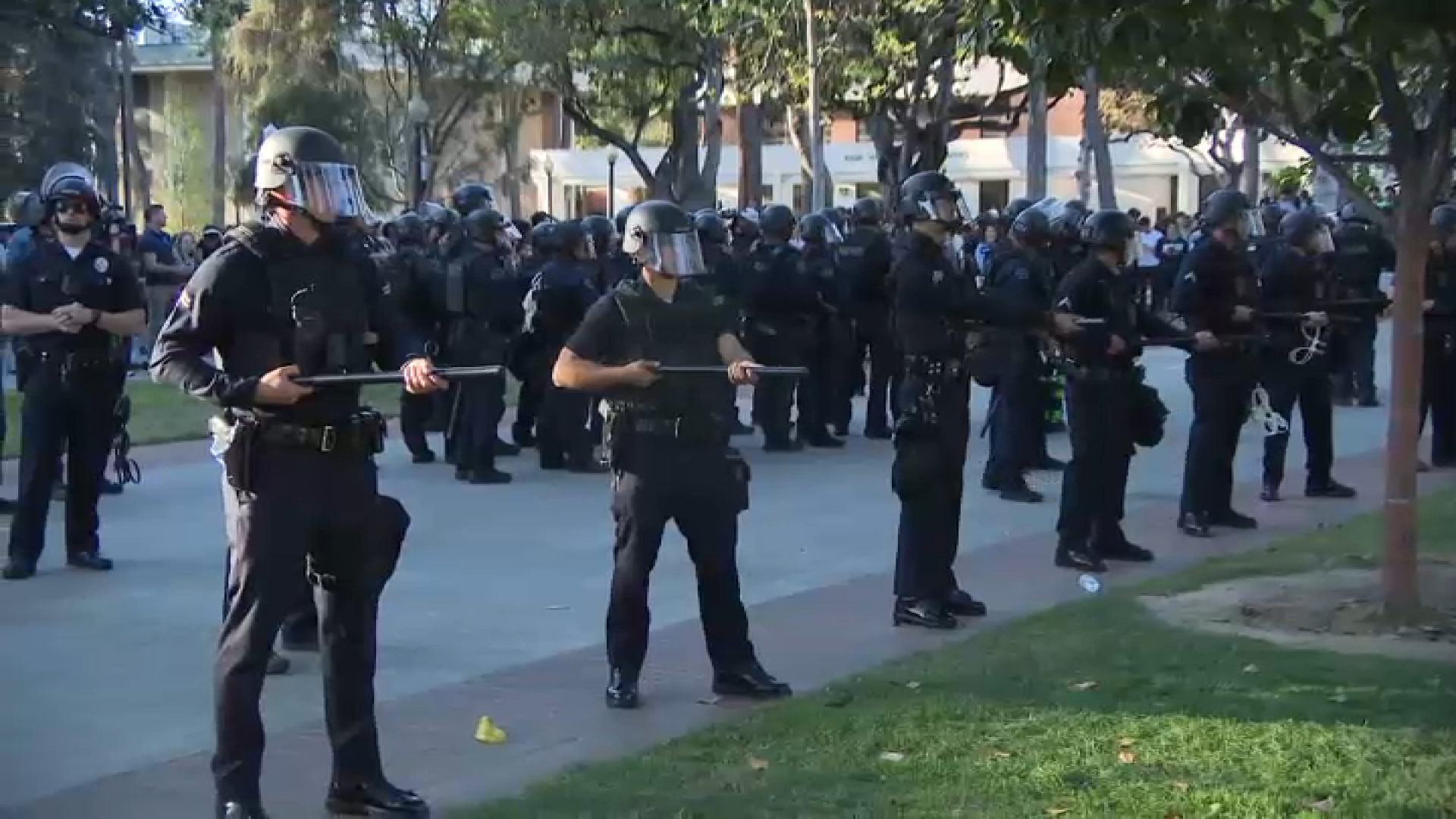A newly-released survey that polled students from 33 campuses nationwide revealed that more than 25% of female undergrad students have reported being sexually assaulted.
The Association of American Universities Survey on Sexual Assault and Misconduct polled 181,752 students out of a total student sample size of 830,936.
The number of reports of sexual assault without consent were significantly higher for undergraduate women then for men, the survey found.
Among all students, 41.8% reported at least one sexual harassment since enrolling.
One of the schools that decided to publicly announce its involvement in the survey was the University of Southern California. At USC, the numbers are slightly higher than the rest of the schools, at a rate of 1 in 3.
Across schools, that number is 1 in 4.
"At USC, that number's slightly higher -- 30.3%," Dr. Sarah Van Orman at USC student health said. "There were others. We were one of the top five."
News
Top news of the day
The University is not taking these numbers lightly.
At a town hall meeting on campus Tuesday, students and faculty heard about ongoing efforts to fix the problem.
Among them, a task force, already training more than 1,500 incoming freshmen about what consent for sex really is, especially when alcohol or drugs are involved.
Van Orman says USC is one of the larger campuses in the survey, and it has more off-campus housing, both of which factor into the higher numbers.
But she adds that those are not excuses.
Sophomore Jijie Fan would agree with that.
She says 1 in 3 is not acceptable, especially if the other campuses have lower numbers.
"I think it's something that should be addressed here," she said.
USC masters student Veronica Perry says it happened to her, but not on campus.
"You feel like there's something you did wrong, something you could've avoided," she said.
She said the high numbers at USC remind her of her own experience.
"Quite high. We shouldn't be experiencing that here," she said.



